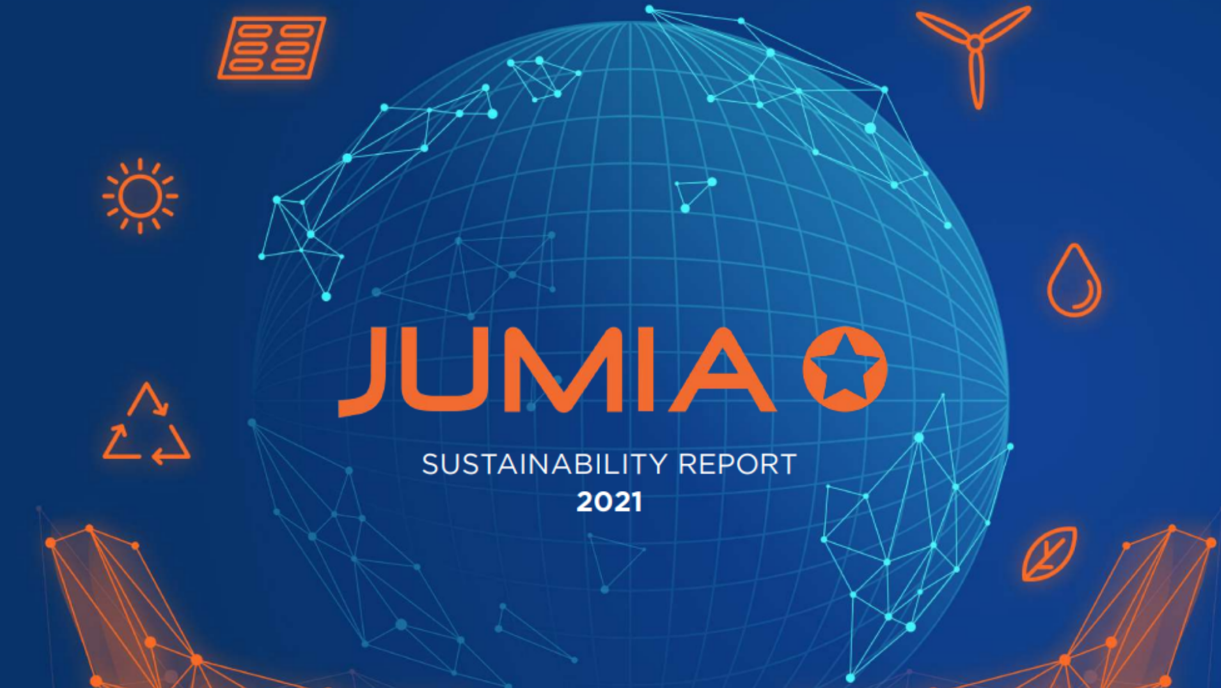News
Interview with Sami Louali, EVP Financial Services at Jumia Group, on the particularities of the African ecommerce ecosystem
December 18, 2019In the NewsInterviews
Cross-Border Payments and Commerce Report 2019 – 2020 by The Paypers

*About Sami Louali: Sami joined Jumia since its launch in 2012, where he served as co-CEO of Jumia Morocco, co-MD of Jumia Marketplace, and most recently as EVP Strategy & Investor Relations. Sami is a French-Moroccan national with a Master of Science from École Nationale des Ponts et Chaussées in Paris, and an MBA from Collège des Ingénieurs in Paris.
What is the story of Jumia and how do you differentiate among other online marketplaces?
Jumia is the leading African e-commerce platform, and we basically connect sellers and consumers of products and services across Africa. Jumia is built around a marketplace, a logistic platform, and a payment platform, JumiaPay. We started in 2012, in Nigeria, Egypt, Morocco, and South Africa, and the purpose was to enable businesses to increase their online sales. For that reason, we have created a set of digital tools to allow them to sell nationwide. Before, small shops, restaurants, hotels had a very local reach and now, thanks to technology and the tools that we provide, they can sell across the nation and expand their businesses.
Jumia stands out among online marketplaces because we are solely focusing on Africa, understanding the uniqueness of the market and adapting to the local context.
Moreover, through our marketplace, we sell a wide range of both physical (such as electronics, home, and living products, fashion items) and digital (paying for TV subscription, air time, bills) goods and services. We also offer on-demand services, with food delivery being one of the key ones that we provide. And I think we also stand out among online marketplaces because we are solely focusing on Africa.
Since we are operating only in this region, we understand the unique characteristics of the African market, of the different countries, and that’s what we have been focusing on over the past seven years. Therefore, we are really adapting to the local context.
How would you characterize the African e-commerce ecosystem and what impact do online marketplaces have on the African economy overall?
One of the main characteristics of the African e-commerce eco-system is its freshness because it all started seven or eight years ago. It is a nascent ecosystem, so we are creating the market; and when we started doing this, we noticed that there was an inherited infrastructure that was not fully adapted to e-commerce. Therefore, we need to constantly be innovative and create solutions that can fill in this gap. The environment is quite challenging when it comes to payments and trust as well, so we continuously build this trust and aim to accelerate the shift from offline retail to online retail.
In Africa, the penetration of e-commerce as a percentage of the total retail market is approximately 1%, while this number is probably 13 or 14% in the US and more than 20% in China – so we are still at the very beginning of the journey and the potential is huge. However, when the ecosystem starts to be ready (when we have a payment ecosystem when we can process payments when there is a strong supply chain), then it can really take off. And I think we are reaching that point in Africa, with many of the markets really starting to be ready for e-commerce.
Besides actively building this ecosystem, another impact Jumia has on the African economy overall is the fact that we are creating thousands of jobs, both direct and indirect jobs, in all the countries in which we are present. In addition, we are creating new business opportunities for local entrepreneurs and businesses.
When it comes to cross-border e-commerce, what are the main challenges for African merchants trying to sell their products and services across borders?
Right now, the main challenges for cross-border e-commerce within Africa are probably the logistics costs, as well as the taxes, customs duties, and the regulations, which make it difficult for most countries to trade across borders. However, there is the African Continental Free Trade Area that is being implemented. And even if today a Kenyan seller cannot export to Algeria or Morocco because of the costs, I think in the next five or ten years this will be possible – and it will open a huge opportunity for all businesses in Africa.
The good thing with respect to our footprint is that Jumia will be greatly positioned to serve these needs because we have thousands of businesses selling in each market. Therefore, Jumia will be the platform that businesses will use to enhance their cross-border e-commerce strategy. And even if this is still the very beginning and a lot of changes with respect to the regulation and the trade market must happen, the signals that the authorities are sending are very positive.
How do you see the future of online marketplaces in Africa?
All the innovative platforms, like Jumia and many other players, will keep on empowering small businesses and consumers. Even if we are still at the very beginning of the journey when it comes to the penetration rate of e-commerce, the potential is huge, and there is no reason why it would all decelerate at some point and stop progressing. Therefore, I think the share of e-commerce will boom and it will most probably go even faster than it did in developed markets such as Europe or the US. This is because of the high rate of mobile phone penetration, with more customers now upgrading to a smartphone – as a result of the progressive decrease in the average price of a smartphone. The cost of data is also reducing very fast:
there are more players in the telco industry and the usage of data is rapidly growing, thus driving cost down. Not to mention that the population is very young and prone to use digital technologies – this is another driver that will accelerate the penetration of e-commerce.
Additionally, Africa will keep attracting new entrepreneurs and I think
that there will be more and more investors as well. We have many new venture capital firms investing in Africa, and this is a recent, positive trend for the e-commerce ecosystem.
All in all, we are very committed to changing the face of African e-commerce and I think the odds are in our favor.
About Jumia
Jumia is a leading e-commerce platform in Africa. Our marketplace is supported by our proprietary logistics business, Jumia Logistics, and our digital payment and fintech platform, JumiaPay. Jumia Logistics enables the seamless delivery of millions of packages while JumiaPay facilitates online payments and the distribution of a broad range of digital and financial services.
Follow us on, Linkedin Jumia Group and X @Jumia_Group
For more information about Jumia:
Abdesslam Benzitouni
[email protected]
More News



